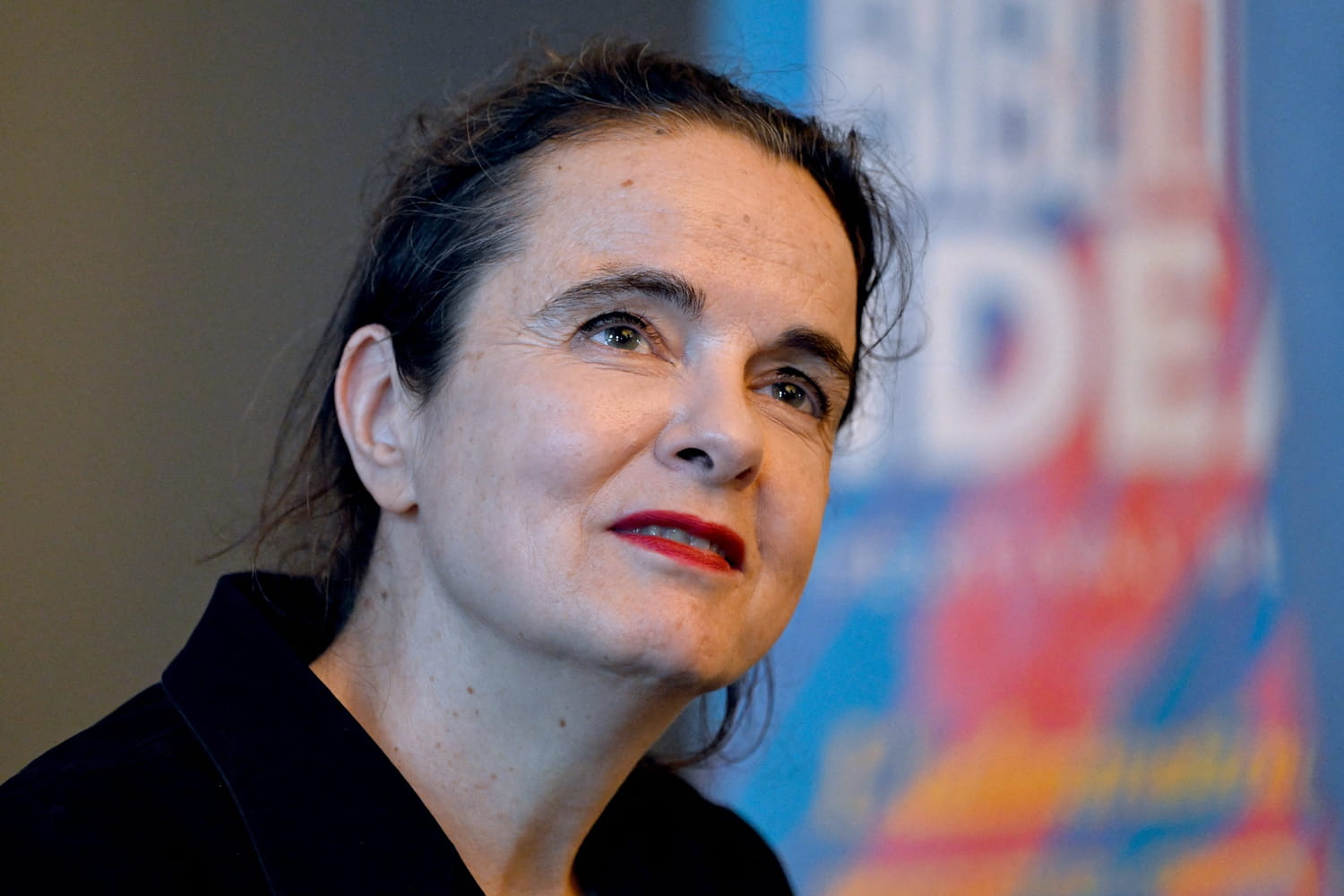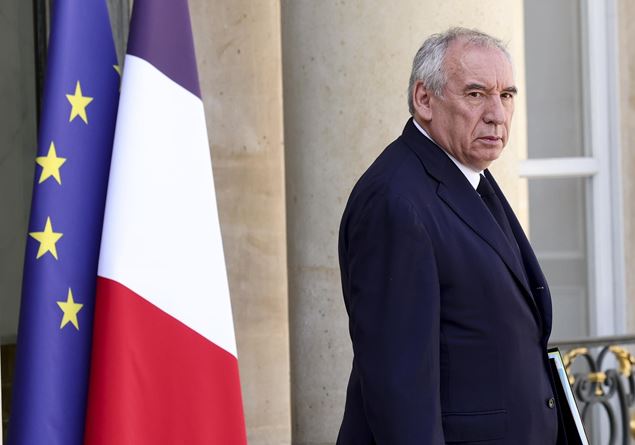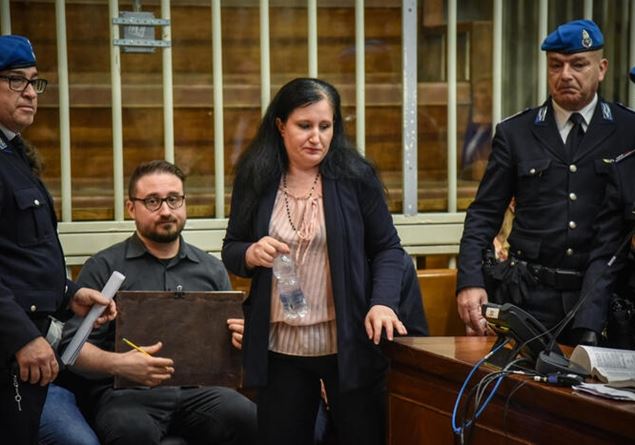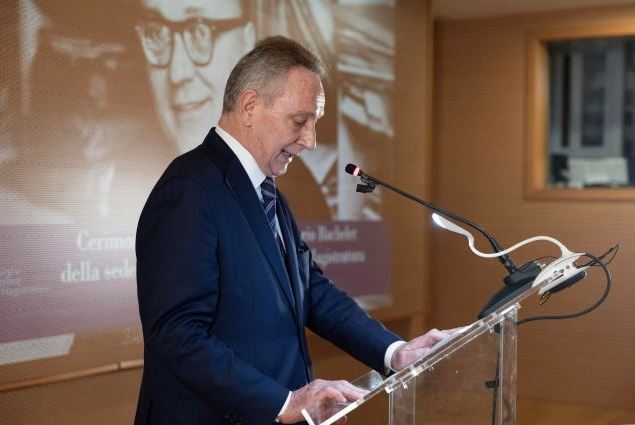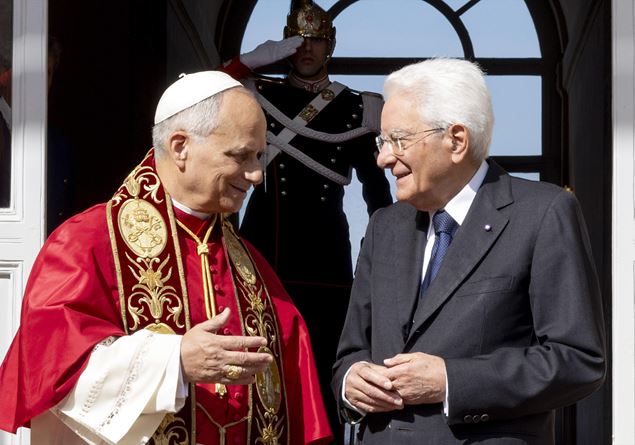by Lorenzo Rossi
French Prime Minister François Bayrou has chosen the most risky way: on September 8th, trust on his budget program will place. An almost inevitable move, also necessary to prevent the maniofestations of Piazza Moinacciate from various environments of civil society against its plan tears and blood, but which immediately compacted the oppositions, decided to vote against. If the executive falls, France would restore in a new phase of political instability.
A crisis born from the polls
Since 2022, no political blockade has more than the absolute majority at the National Assembly. The minority governments of Élisabeth Borne and Gabriel Attal had managed to resist only thanks to the benevolence of the right. But the dissolution of the assembly decided by Emmanuel Macron in June 2024, with the aim of “clarifying” the picture, produced only greater confusion: a majority relating to the left and an unprecedented coalition between the center and right, unable to overcome the decisive threshold of 289 seats.
So, after Michel Barnier’s brief experience, Fallen François Bayrou fell on December 4, 2024. Today, after less than a year, he risks being overturned.
The oppositions united against him
So far Bayrou had managed to overcome eight distrust motions thanks to the strategic abstentions of the Rassemblement National (RN) and the Socialist Party (PS). But this time they both announced that they will vote against. “To change politics, you have to change prime minister,” said Boris Vallaud, president of the socialist group. The centrist leader, aware of the risk, has however chosen to play the trusted card. It will therefore not suffer a motion of censorship, but he will fall – if he will fall – on a vote he provoked himself, remaining faithful to the line of rigor of the budget that he considers indispensable for France.
The hypotheses on the after-bayrou
In the event of a defeat, Bayrou will remain in Matignon only for the handling of current affairs, waiting for Macron to identify a successor. Among the names in circulation there is that of Bernard Cazeneuve, a former socialist premier, and that of Laurent Berger, former general secretary of the CFDT. There is also talk of Sébastien Lecornu, 39 years old, the current Minister of the Armed Forces and Faithful of the President, even if there are those who fear that his appointment would strengthen the image of a Macron still too centralizing.
But the political horizon is made even more uncertain by the approach of the presidential elections of 2027: “The solution must be a premier without personal interests in view of that appointment”, observe sources close to the Elysée.
The spectrum of dissolution
The extreme hypothesis of a new dissolution of the National Assembly remains on the table. “It should not be excluded,” said Justice Minister Gérald Dermanin. But the risk, the Constitutionalists warn, is to produce an even more fragmented hemicycle, or even a victory of the RN. In this case, despite the sentence that prevents her from applying as a deputy, Marine Le Pen could however, at least on a legal level, become first minister. The hypothesis of a dismissal or resignation of the president appears remote instead. “He will never resign,” assures a collaborator. “It wouldn’t be needed to the country, and Macron is a fighter.” For France, in short, on September 8 it will not only be a parliamentary vote: it will be a date that could mark a new, umpteenth chapter of political instability.
